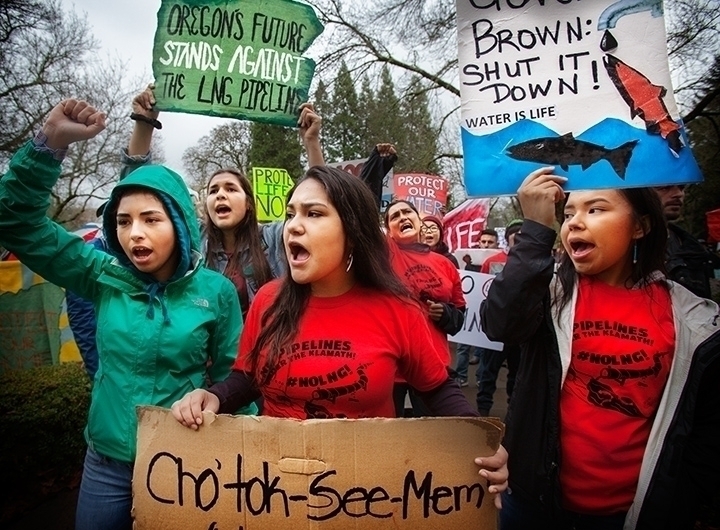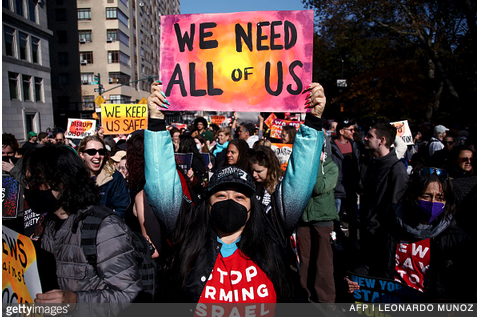Peace House extends our gratitude for the courageous work of members of the No LNG Coalition that have successfully protected our precious natural resources, economy, and human dignity against dirty corporate interests. The lasting result of their work can be seen in the powerful, cross-cultural network, able to prevail over the fossil fuel industry against all odds, and promoting a more peaceful world in the process.
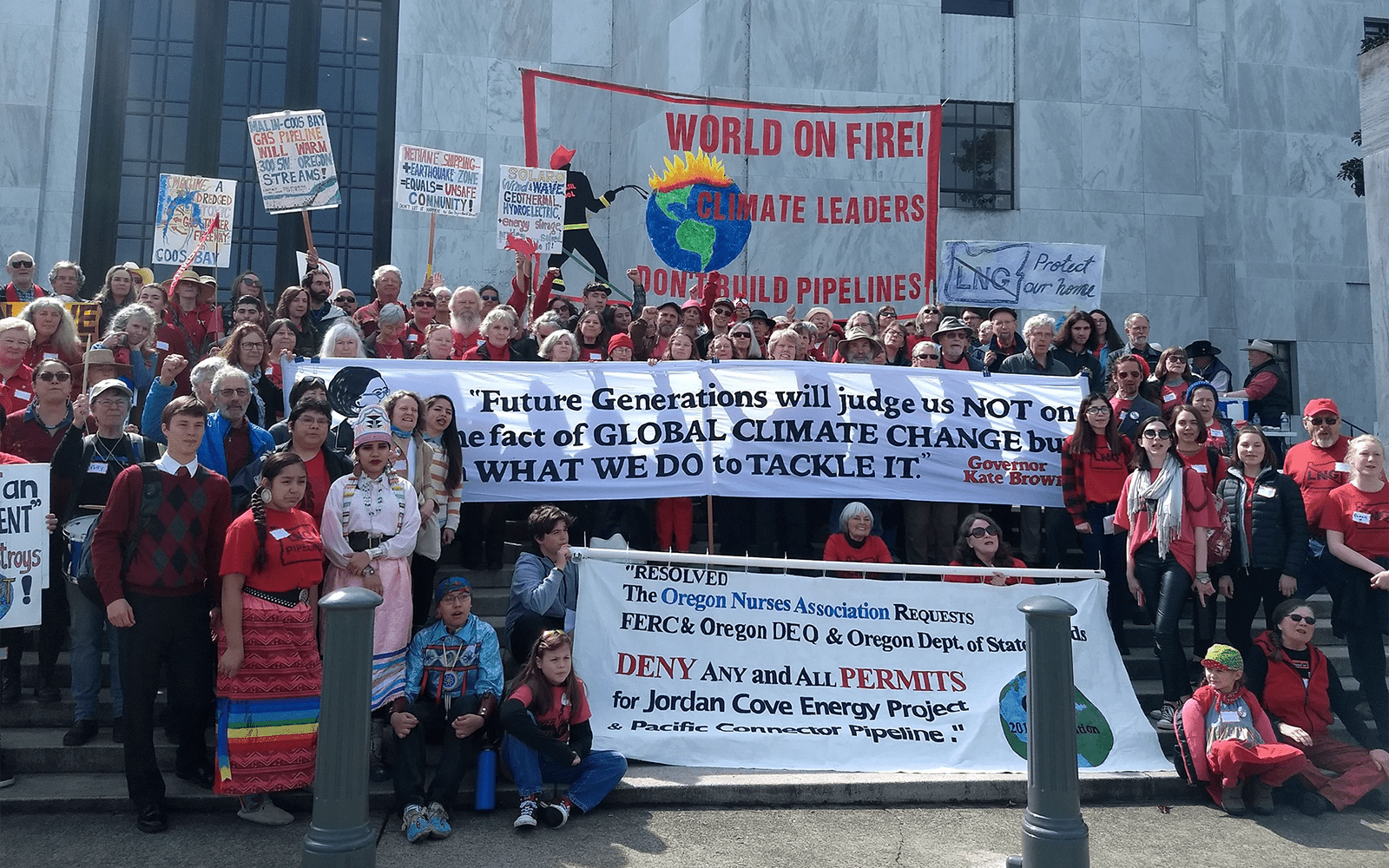 by Kerul Dyer
by Kerul Dyer
After years of community organizing, the infamous proposal to build a 332-mile long gas pipeline and industrial LNG export terminal in Southern Oregon has been defeated. On December 1st, Pembina Pipeline filed a formal request to cancel its permit with the Federal Energy Regulatory Commission (FERC).
Congratulations are in order for all of those who spent years leading the multi-faceted campaign that finally killed the project. These include landowners along the pipeline route, climate justice activists, strategic attorneys, Indigenous leaders, Tribes, and water protectors, and thousands of other individual contributors.

“This is amazing news. We knew the project wasn’t viable because of all the risks that it brought to our communities,” said Chairman Don Gentry of the Klamath Tribes. “I am thankful for the cooperative effort to bring about this victory.”
The pipeline route and terminal construction would have desecrated a number of Tribal cultural sites, many of which were not mitigated including a burial site containing ancestral remains of members of the Klamath Tribes. In addition, the pipeline would have disturbed more than 400 waterways, including the Coquille, Upqua, Rogue, and Klamath Rivers. Also, the Liquified Natural Gas storage and export facility would have contributed significantly to climate pollution as the largest new source of CO2 in Oregon.
“The defeat of this project shows what communities can accomplish when we insist that public officials put the public interest ahead of the special interests of big corporations,” said Hannah Sohl of Rogue Climate, an organizing group of Southern Oregon communities and leading organization in the Coalition.
The construction and operation of the LNG storage and export terminal would have forever altered the Coos Bay community, including marine environments and deplorable socio-economic impacts of “man camps” proposed nearby. Landowners along the route of the project would have been forced to cede land under Eminent Domain or accept below-market payouts from the company.
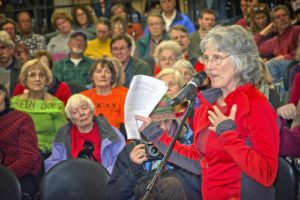
“This is a great day for landowners along the pipeline route, and a great day for Oregon,” said Deb Evans, an impacted landowner. “This has been a long time coming, and we are so relieved that the threat of eminent domain is no longer hanging over us.”
After a series of state, Tribal, and federal agency actions, the permits necessary to impact land, waterways, cultural sites, and coastal zones were not in place for the Canadian pipeline company to proceed with the project. Recent agency actions included Oregon Department of Environmental Quality’s 2019 refusal to issue a Clean Water Act Section 401 permit, the inability to attain a removal-fill permit from the Oregon Department of Lands, the US Department of Commerce’s affirmation for the State of Oregon’s objection to the LNG terminal under the Coastal Zone Management Act, and FERC’s conclusion that Oregon had “not waived its authority to deny” the needed Clean Water Act certification.
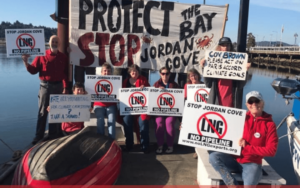 “For too long, Oregonians have been living under the cloud of a potential dirty fossil fuel project destroying our shores, waterways, wildlife, and livelihoods,” said Susan Jane Brown, Wildlands Program Director for the Western Environmental Law Center, and an attorney representing conservation interests challenging the Jordan Cove Energy Project. “At long last, Pembina finally recognizes that Oregon is no place for fracked gas infrastructure.”
“For too long, Oregonians have been living under the cloud of a potential dirty fossil fuel project destroying our shores, waterways, wildlife, and livelihoods,” said Susan Jane Brown, Wildlands Program Director for the Western Environmental Law Center, and an attorney representing conservation interests challenging the Jordan Cove Energy Project. “At long last, Pembina finally recognizes that Oregon is no place for fracked gas infrastructure.”
Pembina’s admission of defeat marks a major win for conservation, Tribal, land rights, coastal protection, and climate justice networks that include: the No LNG Coalition, No LNG Exports, Rogue Climate, the Klamath Modoc Yahooskin Tribes, Rogue Riverkeeper, Southern Oregon Climate Action Now (SOCAN), Umpqua Watersheds, Crag Law Center, Western Environmental Law Center, South Slough National Estuarine Research Reserve, Sierra Club, Landowner Petitioners, the Niskanen Center, the Klamath Justice Coalition, Southern Oregon Rising Tide (SORT), KS Wild, Klamath Riverkeeper, and members of the Yurok, Karuk, Hoopa, Coquille, Confederated Coos, Lower Umpqua and Siuslaw, Siletz and other Tribal communities.
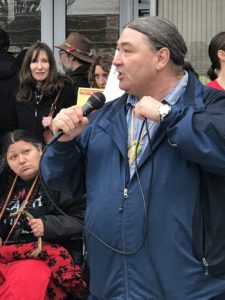
“The nation needs to recognize Oregon for standing together and fighting this environmental monstrosity,” said Perry Chocktoot, Klamath Tribes Culture and Heritage Director. “Protect our Mother Earth as she gives us life and I pray to the creator for blessings for the Rogue Climate Organization as they are modern day warriors. Thank you.”

